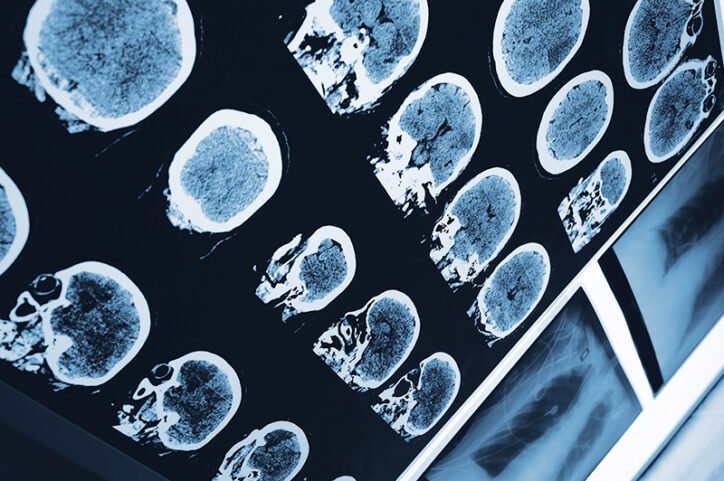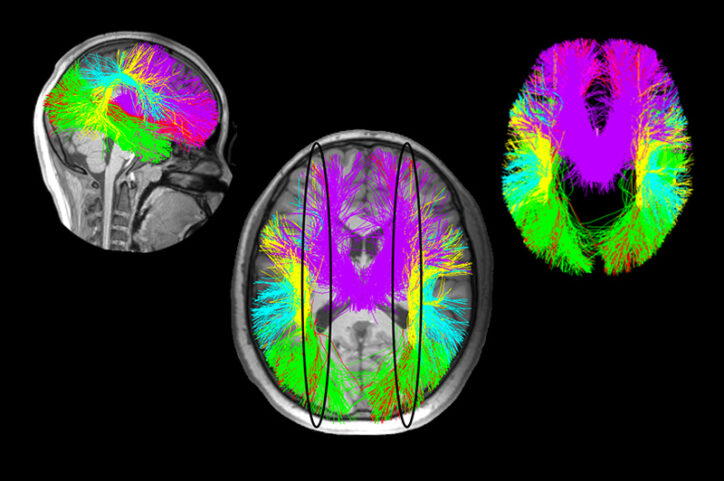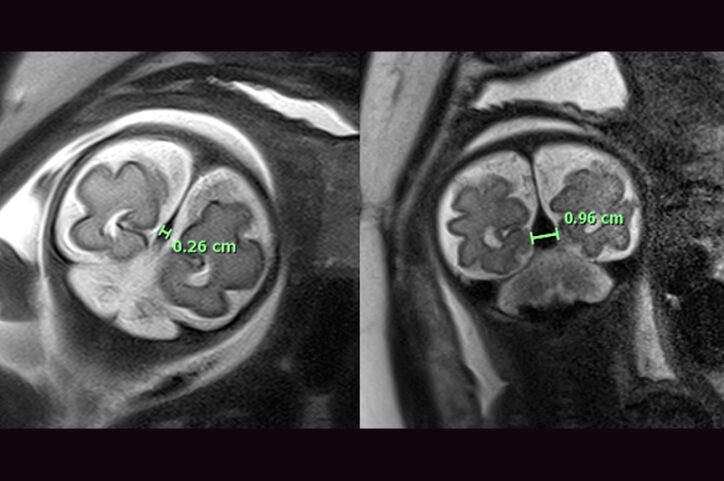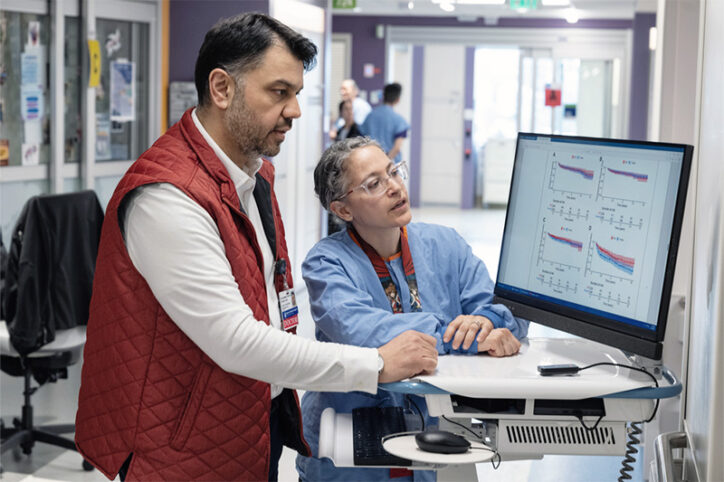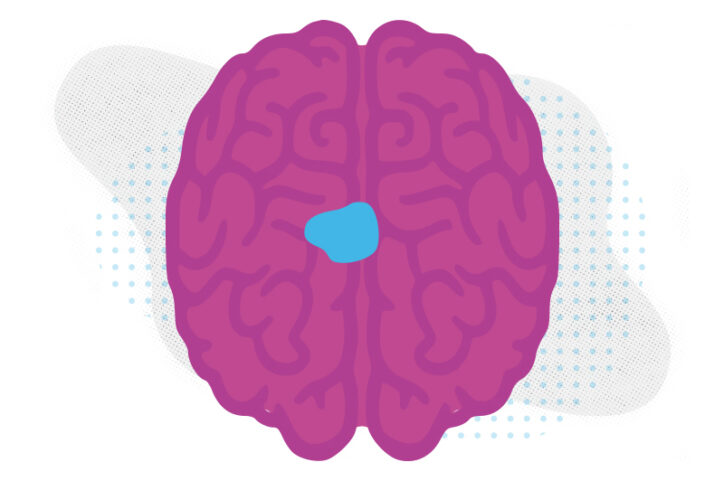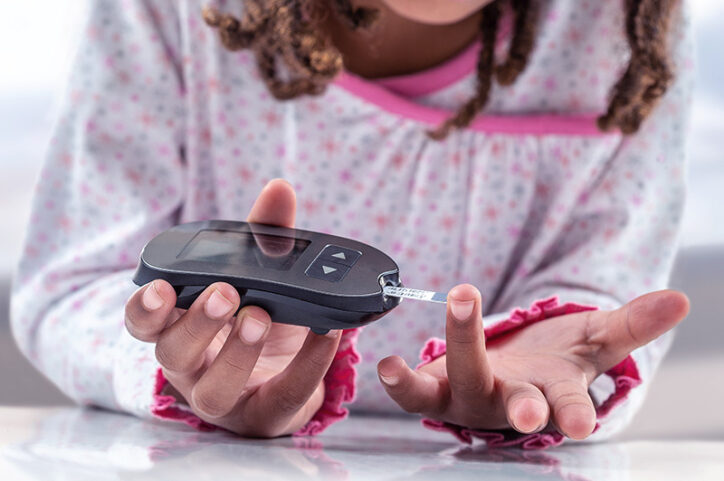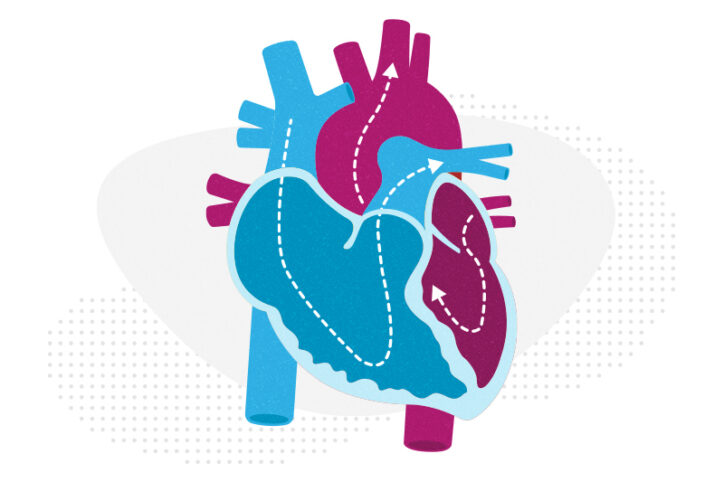Archive for research
The dopamine reset: Restoring what’s missing in AADC deficiency
In March 2023, a young girl came to Boston Children’s Hospital unable to hold up her head — one striking symptom of aromatic L-amino acid decarboxylase (AADC) deficiency. This rare neurological disorder prevents the brain from producing dopamine and serotonin — essential chemicals for controlling movement, mood, and basic body functions. Without them, children experience ... Read More about The dopamine reset: Restoring what’s missing in AADC deficiency
Tagged: gene therapy, neurology, research, seizures
Parsing the promise of inosine for neurogenic bladder
Spinal cord damage — whether from traumatic injury or conditions such as spina bifida — can have a profound impact on bladder function. This can result in neurogenic bladder, a problem in which damage to the nerves involved in urination leads to a loss of bladder control. Neurogenic bladder is currently managed with medication, Botox ... Read More about Parsing the promise of inosine for neurogenic bladder
Tagged: research, spina bifida, spinal cord injury, urology
Unveiling the hidden impact of moyamoya disease: Brain injury without symptoms
Moyamoya disease — a rare, progressive condition that narrows the brain’s blood vessels — leads to an increased risk of stroke and other neurological conditions. Doctors treating children with moyamoya often face difficult decisions about treatment, notably deciding whether to perform revascularization, a surgery to bypass the narrowed blood vessels and restore blood flow. A ... Read More about Unveiling the hidden impact of moyamoya disease: Brain injury without symptoms
Forecasting the future for childhood cancer survivors
Children are much more likely to survive cancer today than 50 years ago. Unfortunately, as adults, many of them develop cardiovascular disease, secondary cancers, or both, believed to result from the toxic effects of chemotherapy and radiation. But the full risk picture for survivors hasn’t been clear. “Patients want to know how long they’ll live ... Read More about Forecasting the future for childhood cancer survivors
Tagged: brain tumor, cancer, epidemiology, leukemia, research
Genomic sequencing transforms a life: Asa’s story
Asa Cibelli feels like he’s been reborn. The straight-A middle schooler plays basketball and football, does jiu jitsu, is learning guitar, and can solve a Rubik’s cube in 40 seconds flat. But he once wondered if he’d ever feel better. From birth, Asa experienced chronic abdominal pain and severe diarrhea. The many doctors he saw ... Read More about Genomic sequencing transforms a life: Asa’s story
Could the falcine sinus hold the key to vein of Galen outcomes?
A Boston Children’s Hospital study uncovers how fetal magnetic resonance imaging (MRI) could be a game-changer in predicting outcomes for infants born with vein of Galen malformations (VOGMs). The study, just published in Stroke, focused on the width of the falcine sinus (FS) — the fetal structure that channels blood from the malformation back to ... Read More about Could the falcine sinus hold the key to vein of Galen outcomes?
Past patient outcomes could help single-ventricle surgery decisions
When considering whether a child who has a single-ventricle heart defect would benefit more from biventricular repair or the Fontan procedure, heart specialists have lacked a key tool to guide them: data that shows possible long-term health risks of each surgical option. But Boston Children’s heart specialists — who perform biventricular repair more often than any other pediatric hospital — ... Read More about Past patient outcomes could help single-ventricle surgery decisions
Pediatric high-grade gliomas: Research reveals effective targeting with avapritinib
Pediatric high-grade gliomas, particularly H3K27M diffuse midline gliomas (DMG), are aggressive malignant brain tumors with a poor prognosis. Previous research suggests that platelet-derived growth factor receptor alpha (PDGFRA) appears to play a multifaceted role in the pathogenesis of both adult and pediatric high-grade gliomas. Not only are genetic alterations of PDGFRA common in patients with ... Read More about Pediatric high-grade gliomas: Research reveals effective targeting with avapritinib
Tagged: brain tumor, cancer, glioma, research
Addressing food insecurity and nutrition challenges in pediatric type 1 diabetes care
Managing type 1 diabetes can be overwhelming for children and families. As children learn to live with the disease, many cut back on visits to their nutritionists. Others face barriers like food insecurity that make it difficult to maintain a balanced diet. And without the proper professional support and access to healthy foods, children’s overall ... Read More about Addressing food insecurity and nutrition challenges in pediatric type 1 diabetes care
Tagged: diabetes, endocrinology, nutrition, research
It’s all in the PV loops: New analytical model could improve circulation assessments before heart surgery
The double-switch operation corrects the congenital reversal of the heart’s ventricles and its two main arteries. It’s a practical way of putting the ventricles into the position they belong so that children with congenitally corrected transposition of the great arteries (CC-TGA) can benefit from enhanced circulation. Surgery, though, doesn’t come without risks. Some children’s left ventricles — ... Read More about It’s all in the PV loops: New analytical model could improve circulation assessments before heart surgery


